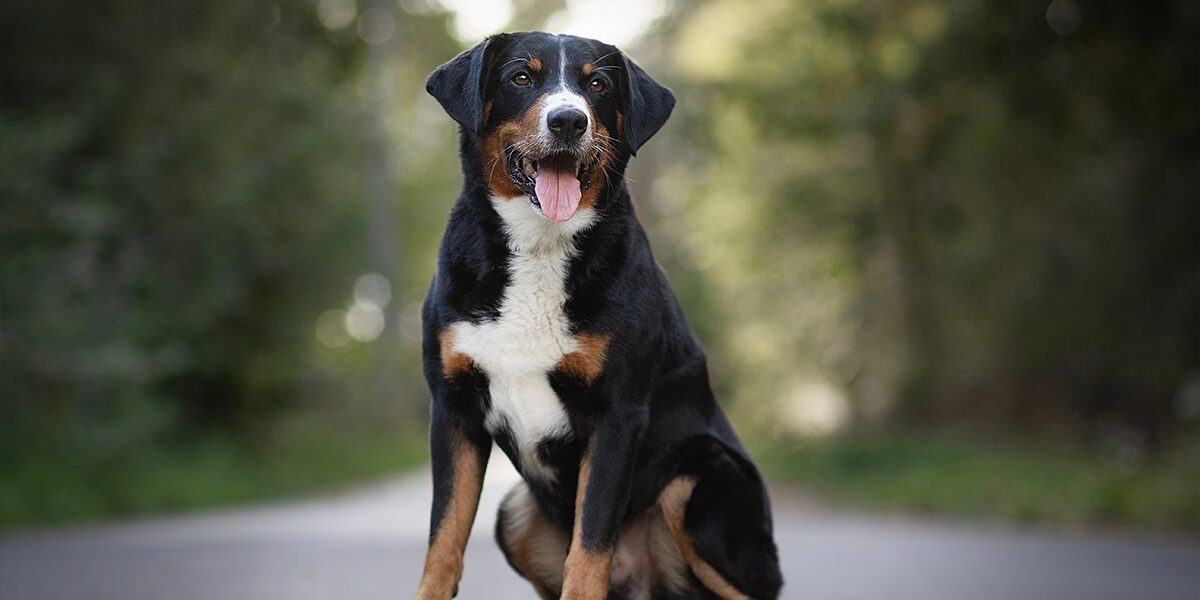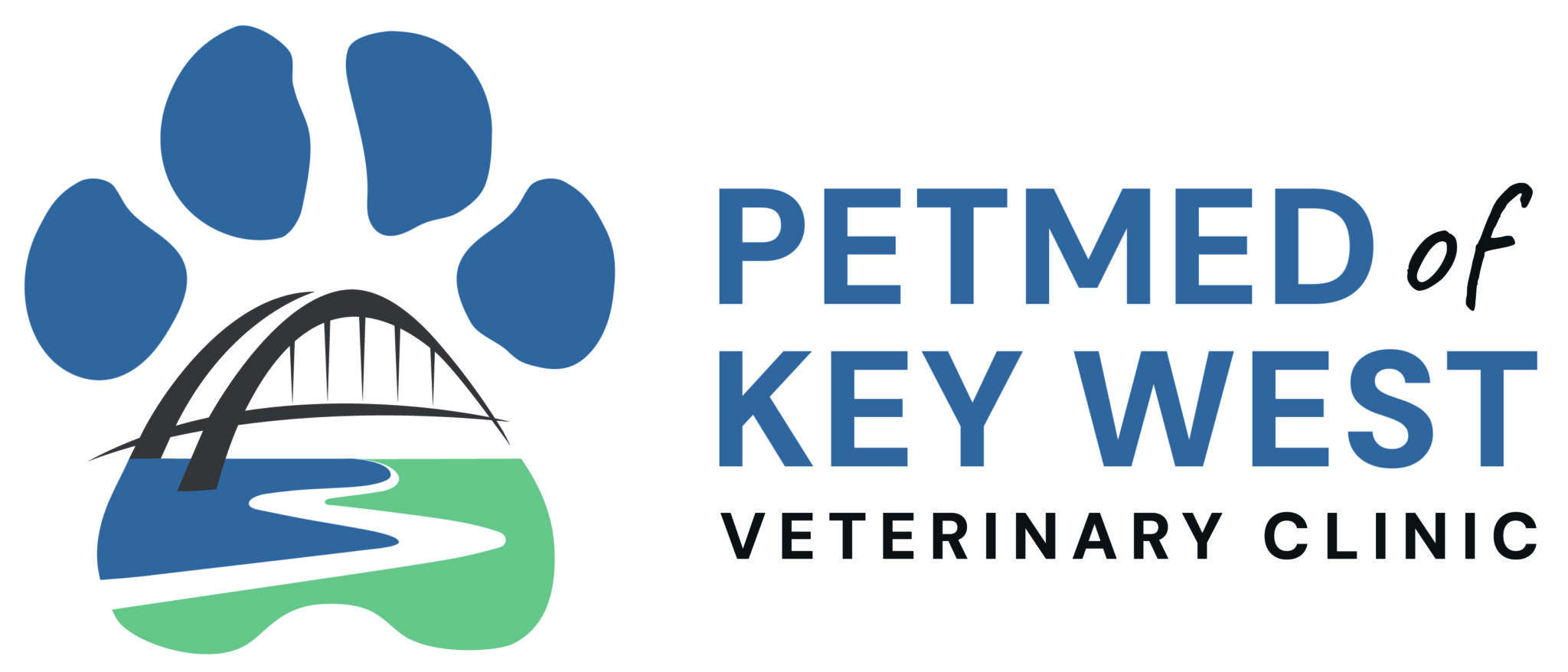
Gastropexy: The Simple Procedure That Could Save Your Dog’s Life
What It Is, Why We Recommend It, and When It Makes the Most Sense
If you have a large or deep-chested dog, you may have heard us mention something called a gastropexy—usually during discussions about spaying or neutering. It might not be a household term (yet), but this preventative surgery can literally be life-saving—and it’s something we strongly recommend for certain breeds here at PetMed of Key West Veterinary Clinic in Dubuque.
What Is a Gastropexy?
A gastropexy is a surgical procedure in which the stomach is permanently tacked to the inside of the abdominal wall. This prevents the stomach from twisting—a dangerous and often fatal condition known as gastric dilatation-volvulus (GDV), or bloat. Gastropexy does not prevent the stomach from becoming distended with gas (aka bloat), but it does prevent it from twisting, which is the life-threatening part of GDV.
Why Is GDV So Dangerous?
When the stomach twists, it traps gas and cuts off blood supply to the stomach and surrounding organs. This leads to:
- Severe pain and distention
- Shock
- Rapid deterioration
- Risk of death within hours if not surgically corrected
Emergency GDV surgery is expensive, intensive, and survival depends heavily on how quickly treatment is started. The best treatment? Prevent it from happening in the first place.
Who Should Consider a Gastropexy?
Gastropexy is recommended for large and deep-chested breeds, especially those at higher risk for GDV, including:
- Great Danes
- Standard Poodles
- Weimaraners
- German Shepherds
- Boxers
- Dobermans
- Irish Setters
- Saint Bernards
- Bloodhounds
- Akitas
- And any mixed breed with a deep, narrow chest
Even if your dog is healthy and young, if they’re in this group, they are at significantly higher risk of developing GDV later in life.
When Should It Be Done?
We prefer to perform a gastropexy at the time of your dog’s spay or neuter—and here’s why:
- Your dog is already under anesthesia
- It adds minimal surgical time and recovery
- It’s more cost-effective than doing it as a standalone procedure later
- Recovery is combined into a single healing period
- It provides lifetime protection against a deadly emergency
Key Takeaways
- A gastropexy prevents the stomach from twisting, reducing the risk of fatal GDV
- It’s a safe and effective procedure, especially when done proactively
- We strongly recommend it for deep-chested dogs, especially during routine spay or neuter surgery
- It can turn a potential $4,000+ emergency surgery into a non-event
Peace of Mind for a Lifetime
If your pup fits the profile of a dog at risk for GDV, don’t wait until an emergency strikes.
Call PetMed of Key West Veterinary Clinic in Dubuque today to talk to our team about scheduling a gastropexy—ideally during your pet’s spay or neuter. A little planning now could save your dog’s life later.
